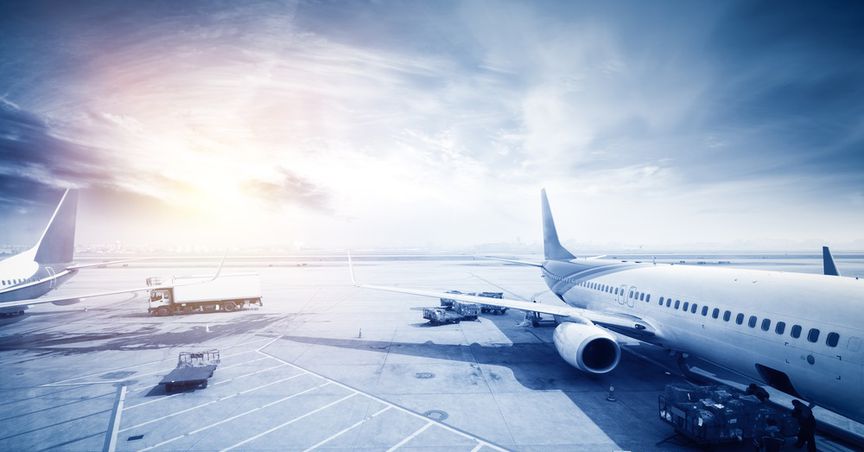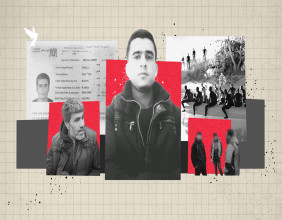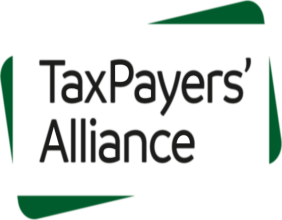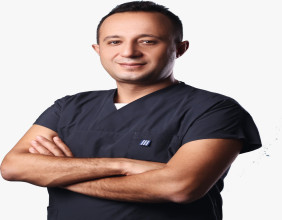Summary
- Since the drop in passenger traffic after the imposition of lockdown in several parts of the world many airlines have tries focusing on ferrying cargo, to keep their cash registers running
- Now IATA has envisaged that transportation of COVID- 19 vaccine could be a major revenue opportunity for global airlines to help them out of the current slum, 8000 jumbo jets will be needed
- There are, however, major technical hurdles that need to be addressed before the airline companies would be ready for this challenge
- IATA has started to make requests to governments across the world to make proper planning to effectively execute the mission
The International Air Transportation Association (IATA) has envisaged a new business opportunity for the airline industry which could help them make a turnaround from the slump they are currently undergoing. The potential coronavirus vaccine that will put an end to the pandemic will be ready for mass inoculation in a few months’ time. Given the massive economic damage most countries have suffered till now because of the ordeal, rapid inoculation is necessary to bring back the world economy to pre pandemic levels.
The IATA has estimated that to rapidly distribute the vaccine around the world nearly 8000 Boeing 747 jumbo jet worth of lifting power would be required, and that massive preparations are required both at the government and individual airline levels to make the mission successful.
Opportunity
Passenger traffic constitutes for the main revenue generating segment of the airline industry. Cargo segment is also crucial, as it carries important goods. However, it has gained special prominence during pandemic times for life saving criticality items. Life-saving drugs and equipment are being transported from one country to another by air since the beginning of the pandemic in early 2020.
Now, with the corona virus vaccine opportunity, the aircrafts to be used for this purpose would be flying on government missions where adequate compensation would not be a constraint.
However, there will be certain routes and places where airline companies would require special preparations to serve as they are have not been connected to air service before or do not have adequate infrastructure to support aircraft operations.
This opportunity is a windfall revenue opportunity and will require most of the aircrafts that have currently been grounded around the world.
It will not only help airlines to bring back their employees to active but will also reduce the maintenance costs. Passenger traffic has also gradually started to pick up across the UK. So collectively the airlines might slowly be coming out of the red in the next few months period.
Technical upgradation
However, in order to accomplish this mission, majority of the aircrafts would require a technical upgradation.
Vaccines require subzero temperatures for storage and transportation. Therefore, they can only be transported by those aircrafts whose owners would make the necessary investment to make their cabins compliant with the necessary requirements.
During these times when most airlines are facing a cash crunch this could become a pain for many to implement. Apart from that, upgrade of cargo handling infrastructure will be required at the airports to handle the very fragile nature of the cargo which would need to be done in a large scale.
Governments and airports would have to make necessary arrangements and investments in this regard. However, the biggest technical challenge will be faced in delivering vaccines in places which do not have the necessary infrastructure. United nations and World Health Organisation would have to take necessary initiatives in this regard so that poor countries are not devoid of this vaccine.
On the sidelines, one advantage that the airline industry has over military transport in carrying out this mission is that passenger aircrafts use pressurized cabins while most military aircrafts do not. In fact, the aircrafts with pressurized cabins are better suited to implement refrigeration than non- pressurized ones.
Are Aviation companies prepared?
British Airways and Virgin Atlantic are two of the largest British airline companies which have an extensive air cargo division and would be in a position to convert many of their aircrafts to refrigerated freighters.
Through the lockdown both of these companies have continued to fly on humanitarian as well as non- humanitarian cargo delivery missions and are best placed among all other airline operators in the United Kingdom to take up and deliver upon this opportunity.
Smaller companies like Easy Jet plc may, however, decide to convert some of their aircrafts to cargo versions to bring back some of their aircrafts into active service.
Let’s now take a closer look at the share price performance of IAG Group plc, and Easy Jet plc after the opening of the lockdown.
IAG Group plc (LON:IAG)
The shares of IAG Group plc have been underperforming at the London Stock Exchange since the beginning of the year. On 2 January 2020, the shares of the company traded on the exchange at GBX 636.20 per share. Later, towards the third week of March 2020, they took a sharp turn downwards to reach a low of GBX 195.00 on 19 March 2020. There after the stock recovered to GBX 331.60 on 8 June 2020, before getting into a downward spiral, and as of 10 September 2020 the shares of the company were quoted at GBX 200.10 at the day’s close.

Source – Thomson Reuters
Easy Jet plc (LON:EZJ)
The shares of Easy Jet plc have been underperforming at the London Stock Exchange since the beginning of the year. On 2 January 2020, the shares of the company traded on the exchange at GBX 1430.00 per share. By the third week of March 2020, they took a very sharp turn downwards to reach a low of GBX 494.80 on 18 March 2020. The stocks turned volatile and recovered to GBX 891.20 on 8 June 2020, however since then there has been a downward movement in the prices of the stock, and as of 10 September 2020 the shares of the company were quoted at GBX 594.8, at the day’s closure.

(Source – Thomson Reuters)





